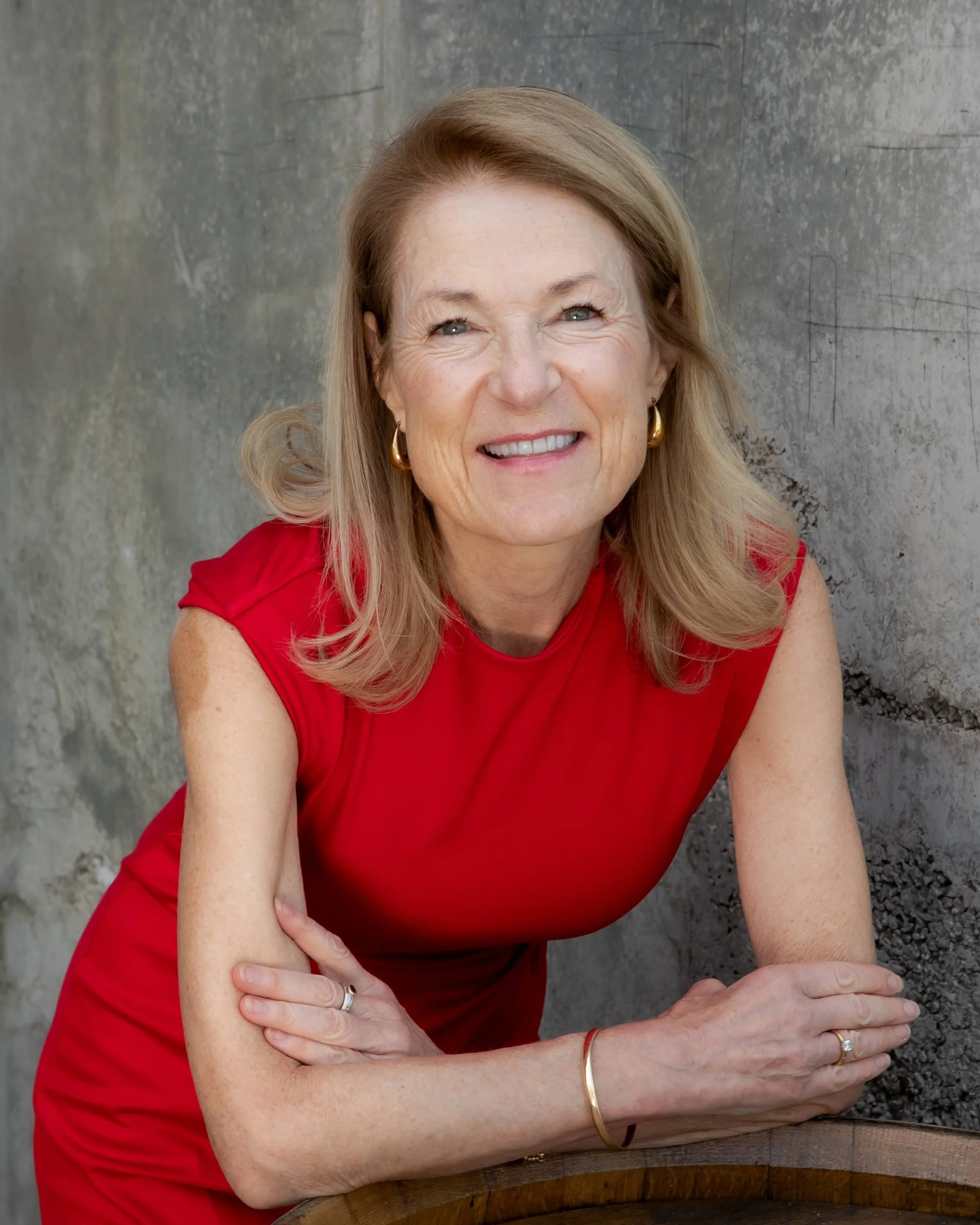
About
As a first-generation scholar who left my country and family to pursue a subsidized graduate education, I similarly took an untraditional path in designing my dissertation in 18th-century literature at Stanford University. Rather than focusing on canonical authors like Pope or Austen, I developed a literary-historical model that would allow me to write on middling and lower-class women’s political activity through print (as authors, printers, publishers, ballad-singers, and so on). This meant arguing for a much broader notion of “literary” activity (including polemical and religious tracts alongside novels and poetry), synthesizing areas previously regarded as separate (e.g. literary studies and publishing history), and undertaking extensive archival research in Britain and North America. The result was The Women of Grub Street (Oxford 1998), which won a Choice “Outstanding Academic Book” award, followed by a facsimile edition of the works of printer-author and “She-State-Politician” Elinor James (fl. 1680-1711), Elinor James (Routledge 2005, reviewed in TLS here).
Similarly based on extensive archival research, The Invention of the Oral (Chicago 2017) won the John Ben Snow Prize from the North American Conference on British Studies for "the best book by a North American scholar in any field of British Studies dealing with the period from the Middle Ages through the eighteenth century." Re-situating canonical authors such as Swift, Defoe, Johnson, and Blair in a soundscape/ printscape where everyone from philosophers to fishwives and clergymen to street criers competed for space and audiences, I argued that the earliest positive efforts to theorize “oral tradition,” and to depict popular oral culture as a culture (rather than a lack of culture), were prompted less by any proto-democratic impulse than by profound discomfort with new practices of reading, writing, and even speaking shaped by print.
In 2018, I traveled to the Library and Archives Canada to consult the Marshall McLuhan archives. As a Canadian scholar of print and orality, I had long been interested in McLuhan’s role in the development of media studies, but these archives urgently suggested new stories needing to be told: 1st, about the under-acknowledged women intellectuals, scholars, friends, publishers, and others who influenced McLuhan and shaped his works, and 2nd, about McLuhan’s place in the 20th-century development of “English Studies” and the institutionalization of English literary study. As a product of the Cambridge English School (founded c. 1917), McLuhan was there at the literal beginning of the discipline of English literature, and by introducing media studies decades later, he was also arguably as important as anyone else in triggering the displacement of English literature as the default Humanities major today by communications and media studies. Deeply read in all periods of English literature — not only in Renaissance literature and modernism, as commonly noted — this literature professor-turned-media theorist and public intellectual stands at the crossroads of the founding and transformation of the discipline of English.
For awards and fellowships supporting my research, I am grateful to the National Endowment for the Humanities, the American Council of Learned Societies, the National Humanities Center, the American Philosophical Society, and other institutions. I am also fortunate to have taught thousands of inspiring graduate and undergraduate students at the University of Maryland, Rutgers University, and New York University as well as Stanford.
“I have no special talents. I am only passionately curious.”
-Albert Einstein, letter to Carl Seelig (11 Mar. 1952), Einstein Archive 39-013, Hebrew University of Jerusalem
“Education, then, beyond all other devices of men, is the great equalizer of the conditions of men.”
-Horace Mann


